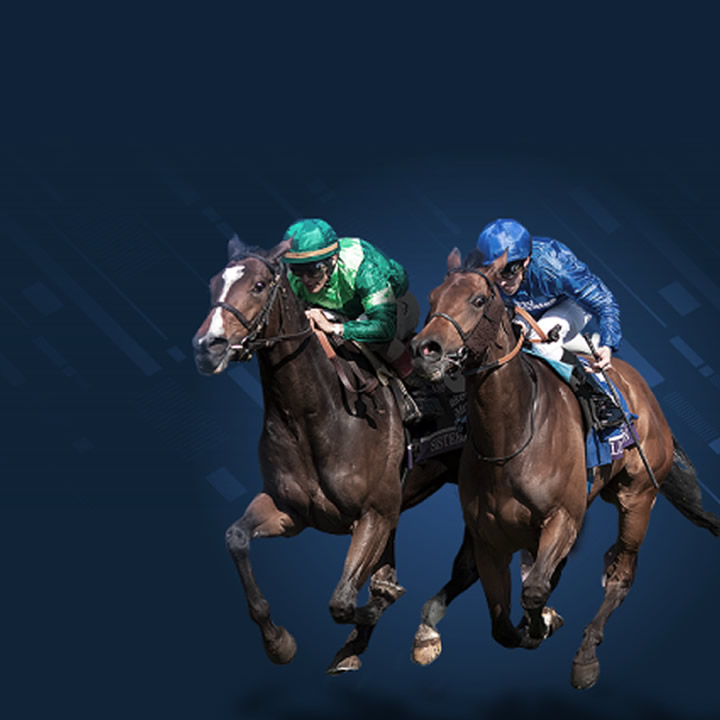When the races are on, the experts talk a mile a minute! To make sure they can give you all the information they can, as fast as they can, the bettors and the bookmakers end up speaking in jargon.
To help you understand the Breeders Cup odds at TVG, we have given you a little guide to some of the most used lingo in the business!
Accumulator Bet: This is a bet which includes more than one horse or more than one race. Each time you win, the earnings go towards the next bet in the sequence. For you to win the jackpot, you need to be successful at every bet in the selection.
Allowance: Amateur riders, apprentices, and conditionals are allowed an “allowance” of weight to help them compete against more experienced riders. This means they can join different weight markers despite their actual number. With each race they win, their allowance will decrease.
Bridle, won on the … This means the horse won easily. The rider didn’t need to push the horse hard, and there was barely any challenge in the race.
Blowout: A workout that wasn’t too strenuous. They are designed to clear the horse’s airways before the main race.
Backward: If a horse is “backward,” they are considered too young for the race or not well enough to truly compete.
Combination Bet: Similar to an accumulator bet, the only difference is that the bet must be placed with the same bookmaker.
Conditions Race: Races that have horses are allowed extra weight due to various factors. These could include age, sex, previous wins, or lack of experience.
Cover up: This is an action a jockey chooses to do. The jockey pulls their horseback and forces them to run behind others. This is to stop it from sprinting too early in the race.
Cockle: A bookmaker’s term for 10 – 1.
Carpet: A bookmaker’s term for 3 – 1. Sometimes a bookmaker will say “double carpet,” which means 33 – 1.
Declared Runner: A declared or declared runner is a horse that has been confirmed to start the race at the final declarations stage.
Evens: Evens, also known as Even Money, is when your stake is worth the same as the price. For example, a $10 bet brings you a $10 win for a total of $20 returned.
Fixed-Odd Betting: This is when the amount you win is explained from the start. You multiply the stake by the odds, and this is the fixed value you will earn.
Front Runner: The horse is most likely to speed to the front, create distance, and keep it for as long as possible.
Fancied: The horse is most likely to win.
Favorite: The horse with the best but shortest odds.
Go Through The Card: A winner, whether it’s the jockey, trainer, or horse, who is succeeding in every race at every meeting.
Hacked Up: A horse who is easily winning.
IBAS: An official service that deals with betting disputes between bettors and bookmakers. The acronym stands for Independent Betting Arbitration Service.
Maiden: A horse that hasn’t won a race yet. Some races will only allow maiden horses.
Novice: A horse in the early part of their career but has won a race.
Outsider: A horse that will have great betting odds but is unlikely to actually win.
Over The Top: A horse that has peaked too soon in the race or in training and will likely be too worn out to do well in the race.
Odds: The offers are given by a bookmaker on a race, horse, or jockey.
Odds Against: The “odds” are against the horse, which means you will earn more than you bet if the horse wins.
Odds On: The horse is likely to do well, which means you have to pay more than how much you get back if the horse wins.
Out Of The Money: The horse in question didn’t take the 3rd, 2nd, or 1st position, and therefore is out of the money slots.
Punter: Another word for gambler or bettor.
Rule 4: A betting rule is often used. If a horse withdraws from the race after the bookmaker sets the bet, but before the bookie has a reasonable chance to re-from the bet, then Rule 4 might be invoked.
If approved, the bet winnings will be reduced to match the new layout of the race.

